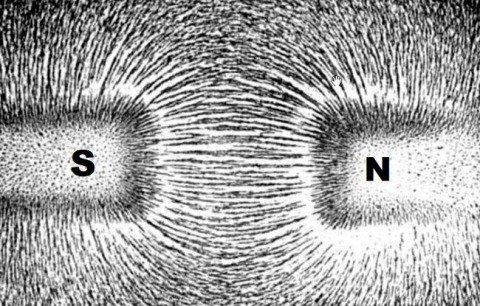
We are not just knowers, but seekers, who spontaneously incline toward certain realities other than ourselves.
When I say that this attraction is spontaneous, I do not mean that it is arbitrary, because that is not the way that we experience it. One way of saying this is that we do not merely experience ourselves as drawn to things; we experience the things themselves as being such as to draw us. Our word for their being so – and there is such a word in every language – is “good”; goodness is the quality of being such as to draw us.
So another way to express what I am saying is that we experience certain things as good, and experience ourselves as drawn to them because of their goodness; we are designed to be so drawn.
We are magnetized.
With an air of demystification, subjectivists like Thomas Hobbes announced to us that it is the other way around. They deny that we are inclined toward things because they are good. Instead, they say, we call them good because we happen to be inclined toward them (as we may happen to be inclined to different things tomorrow). Goodness is merely a name, and inclination does not point outside itself after all; it just is.
But this is not just bad theory, it is a bad description of the experience. If you ask a man “Why do you love that woman?” he does not normally reply by telling you about himself – “I just do” – but by telling you about her – “Because she is wonderful.”
Related:
Hedonism
Getting Out of Dodge